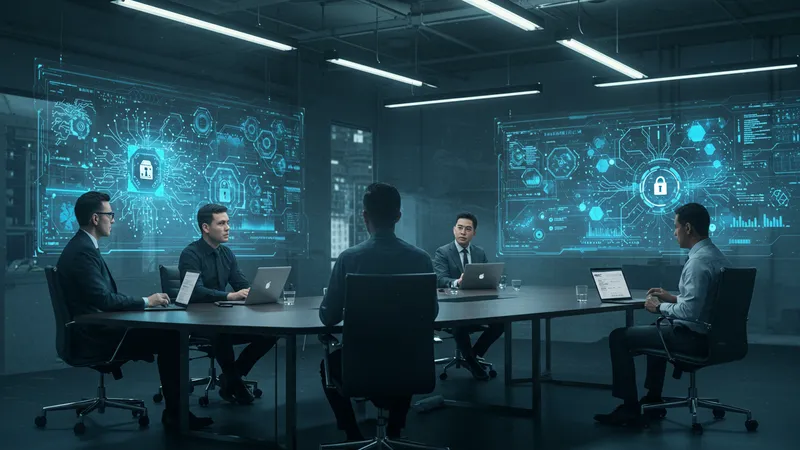
Zero Trust Architecture: Redefining Enterprise Security
What the Experts Predict
The transition to Zero Trust is sparking conversations among cybersecurity experts and analysts who predict significant trends for the future. Experts agree the continued evolution of Zero Trust architectures will feature increased automation and AI integration. These elements promise more robust defenses and quicker response times. Can we envision a security model where threats are anticipated and neutralized almost instantaneously?

Moreover, analysts foresee Zero Trust as central to cyber resilience strategies, particularly as cyber threats grow more sophisticated. The model’s ability to adapt rapidly positions it as a critical component for enterprises looking to future-proof their operations. Is Zero Trust becoming indispensable in modern cybersecurity arsenals?
Regulatory bodies also play a role in shaping Zero Trust’s evolution. As more organizations adopt these architectures, regulatory frameworks will adapt to include Zero Trust principles in compliance standards. Will these changes pave the way for global security standards?
Finally, experts predict Zero Trust initiatives may soon converge with ethics-driven tech deployments, including privacy-centric implementations. The growing demand for ethical technology solutions may drive Zero Trust beyond security, integrating transparency and accountability in unprecedented ways. What could this mean for the broader technology landscape?